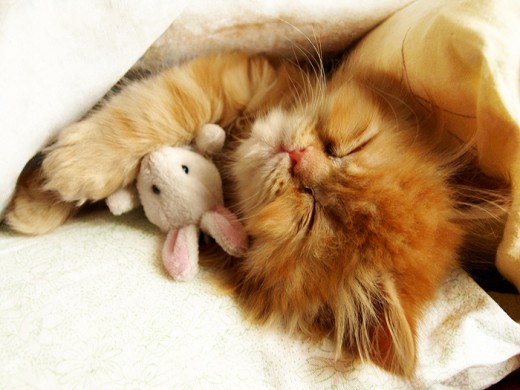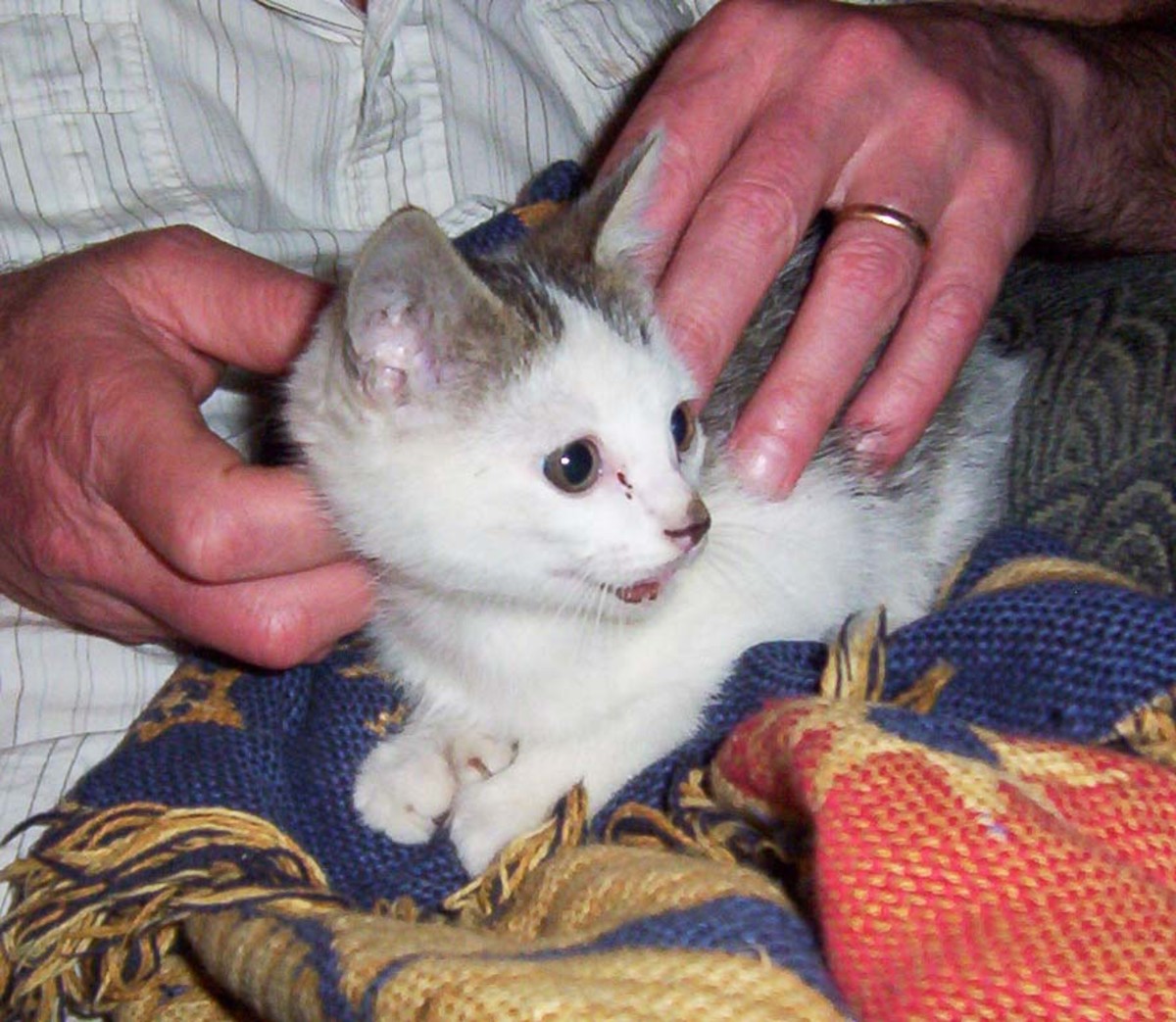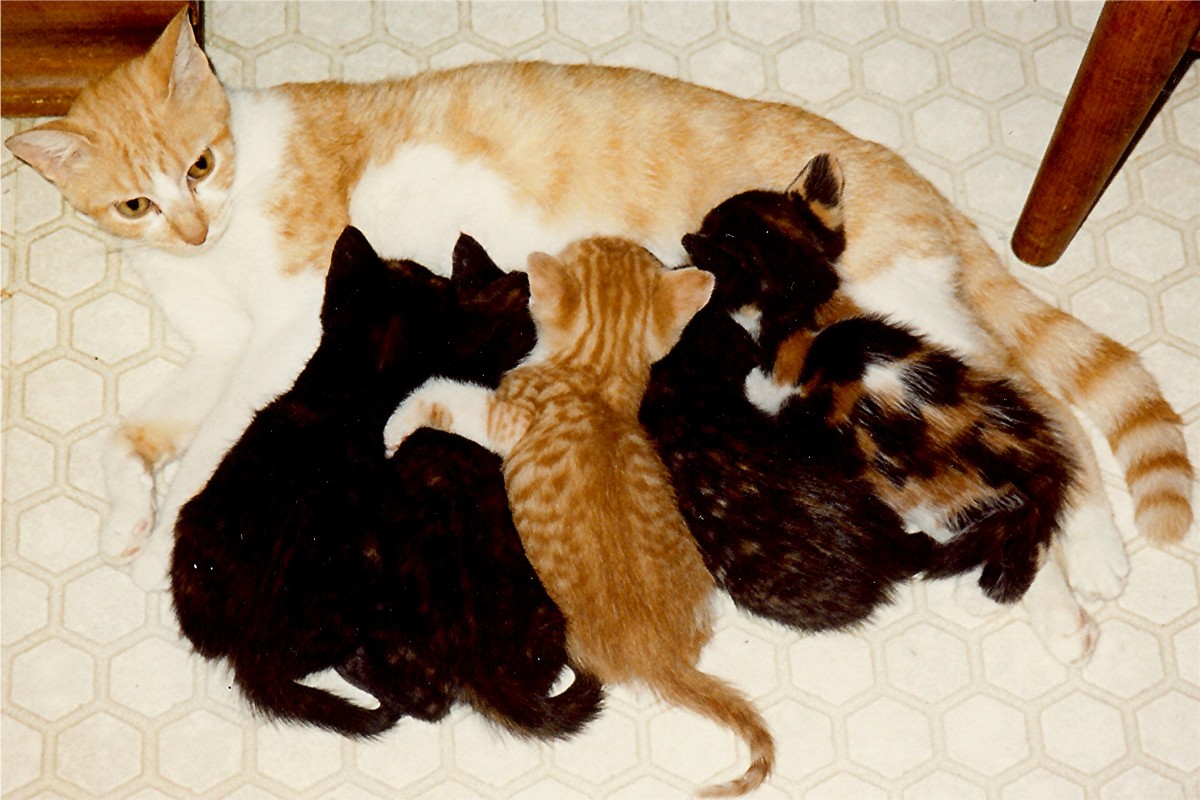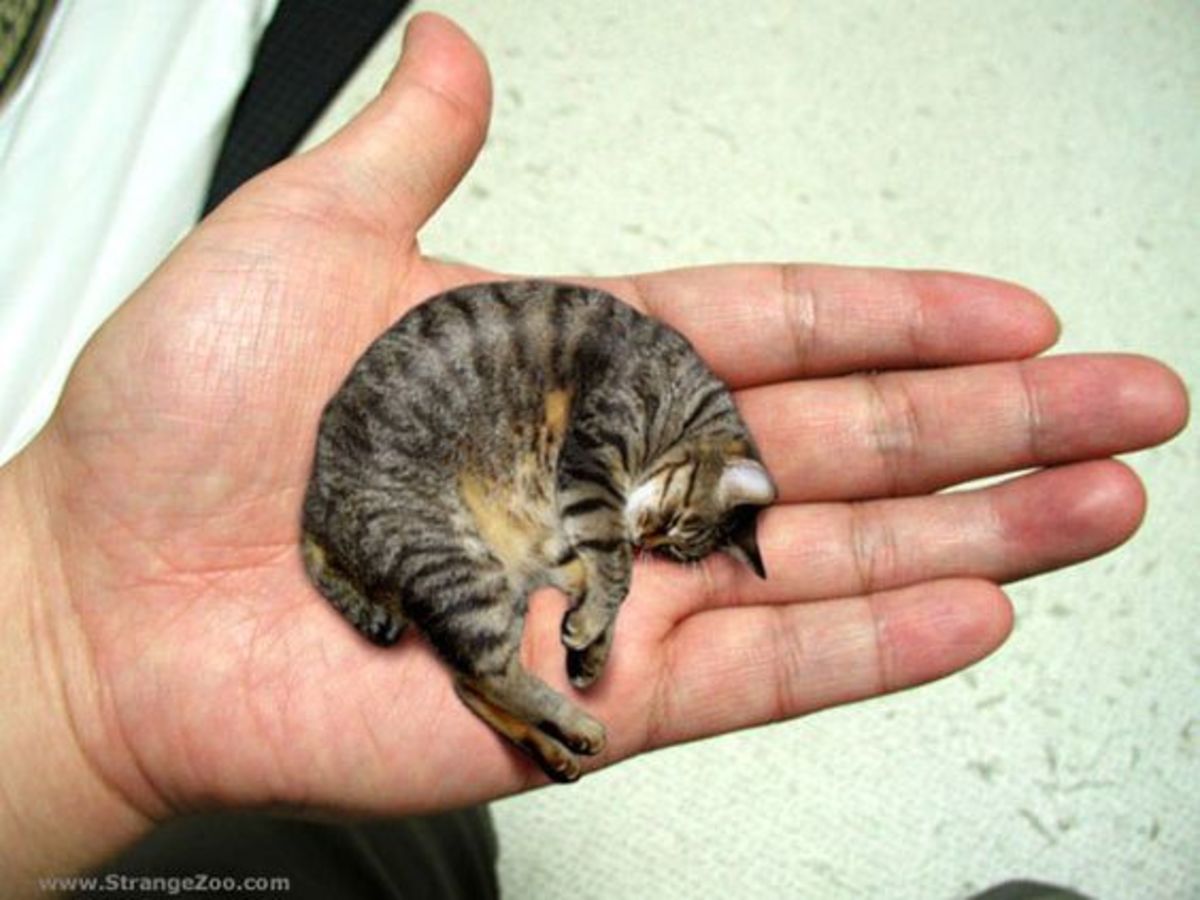How Long To Feed A Kitten Food Before Switching

How Long To Feed Kitten Food
Your kitten is in need of many nutrients and vitamins when he or she is in the process of growing and maturing. Because of the higher energy and nutritional requirements of growing kittens, they need a much different formula than adult cats. Adult cats only need maintenance, as they are not growing or reaching adulthood. Kittens still have growing muscles, bones, and brains, and they exert lots of energy while playing. This means kittens have a higher need for nutrients such as calcium, protein, fat, and many vitamins. Keeping a kitten healthy is your biggest concern while they are not yet mature. Therefore, many ask how long to feed kitten food to their young and growing babies before they make the switch to adult cat food formulas.
Check Out One of My Other AWESOME Kitty Hubs!
- Why Does My Cat Lick Me? 5 Weird Reasons Cats Lick Their Owners!
Why does your cat lick you? Is it because it loves you? Is it because the cat has jealousy issues? Do you just taste good? Find out here! All cat owners would love to know why their kittens lick them!
Do You Own A Kitten?
Do You Own A Kitten? How Old Is It?
From Birth to Adulthood: Kitten's Dietary Needs
Kittens usually nurse from their mother for the first 4 to 6 weeks of life. The mother cat should be given a supplement, so that her kittens will get everything that they need from mother’s milk, while also leaving the mother cat in healthy condition. Once the kittens have begun weaning, it is time to start them on kitten food. There are many different brands of kitten food out there; however, you should avoid any brand that lists a vegetable or fruit product in the first three ingredients. Also, ground meat meal is not acceptable as a first ingredient. Your kitten food should contain true meat, as cats are carnivores by nature. Kittens begin to reach adult size and mature beginning at 9 months, but you should research the maturity age of your particular cat breed. Then, you can begin feeding them adult cat food.
Switching From Kitten Food To Cat Food as the Kitten Grows Up
Generally, you should wait until maturity to begin switching your cat’s food formula. When it is time to do so, you should gradually change it to avoid stomach upset and allow your cat to adjust to the change in food. You should mix ¼ part of the new food with ¾ part of your cat’s current food. The next day, you should mix it with half of the new food, and half of the old food. On the third day, you should now be feeding ¾ parts of the new food, with only ¼ part of the old food. When the fourth day arrives, your cat should be eating a full serving of only the new food formula, and you can dispose of the old food. It is a good idea to donate this extra food to shelters, as those kittens could definitely use it. Now that you know how long to feed kitten food, you are ready to properly feed your cat!

Finding the Correct Formula for Your Cat
Usually, most cats do very well on high quality formulas. The first ingredient in any cat food should be a meaty product, and not a meat by-product or grain. You can locate a high quality cat food formula by checking out the ingredients. Remember: the brand name means absolutely nothing in many cases. If your cat is an inside/outside cat, he or she probably nibbles on a variety of grasses and plants while outdoors. Inside cats do not have access to greenery unless it is provided by the owner. Therefore, many indoor cats will require an "indoor" formula.
Have You Ever Owned a Cat with a Sensitive Stomach or Allergies?
Sensitive Stomach and Allergy Formulas
Cat food companies now have a variety of specialty cat foods on the market. These special foods are available for cats who may have stomach issues, gastrointestinal problems, allergies, and other sensitivities that require the removal or addition of certain ingredients. For many cats, these formulas have made life a lot easier! Signs of allergies and sensitive digestive tracts include but are not limited to:
- Vomiting
- Diarrhea
- Gas
- Stomach Pain
- Constipation
- Hotspots
- Excessive scratching
- Balding
- Open Sores








